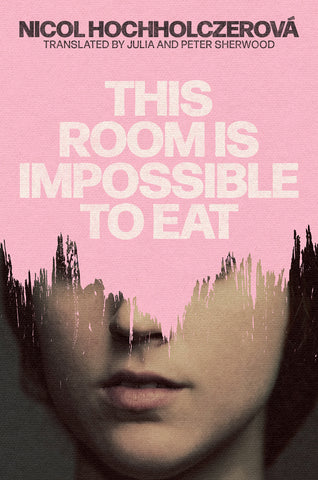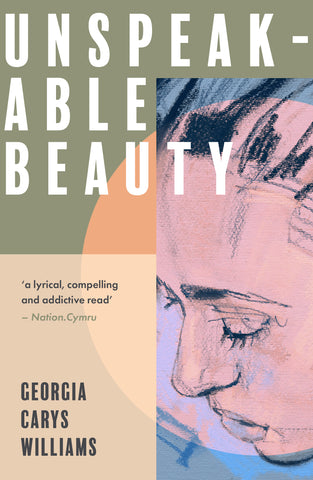Our publishing intern Holly reviews the recent National Theatre Wales adaptation of Leonora Brito's work on BBC Radio 4, and looks forward to further celebration of the Cardiff author on AM in April.
BBC Radio 4's Lights Up: Stripe by Stripe and Other Stories brings to life three selected stories from Leonora Brito’s short story collection Dat’s Love and Other Stories – narratives which were originally performed live online as a National Theatre Wales production. The programme is an immersive experience that encompasses music, captivating sounds and snippets of commentary that expose the impact that Brito continues to have, with the stories still resonating with audiences 25 years later.
Leroy Brito, the host, begins the show by telling us that like Leonora, he too is from Tiger Bay. He introduces their shared birthplace as a multicultural community which, in its prime, was home to over 50 nationalities – Leonora’s father and her mother’s father were from the Cape Verde Islands, for example. Rakie Ayola, a black actress who campaigns regularly on the subject of racial discrimination, utilizes her distinctive Welsh accent to then deliver us the stories that explore notions of marginalisation, death and identity from three different black female perspectives. In choosing a host and performer who are able to relate to the author regarding their race and upbringing, a sense of authenticity is added to their presentation of Brito’s work and it creates the impression of a shared experience, reflecting the atmosphere of community that was so prevalent in Brito’s early life in Tiger Bay.
There is a sense of longing for this community in the first story entitled, ‘Roots’ which follows a 14-year-old girl experiencing the racial prejudices of the suburbs, after having grown up in Butetown. She detests the silence and artificiality of her unfamiliar environment; she is used to being by the sea, not in the company of a potato plant’s ‘tuberous roots’. In the third story, however, this atmosphere of community is felt, gossip and all, as Brito depicts what seems to be a primarily black neighbourhood that experiences a shocking event together – an event that echoes some of the current conversations about issues of race and police brutality. Sound effects are used exceptionally well in ‘Stripe by Stripe’ to create a sudden fearful urgency that vivifies the listening experience.
The most fascinating and potentially disturbing performance is of Brito’s story ‘In Very Pleasant Surroundings’, in which Barbara’s apprehension of her eventual death at the hands of cancer, paired with Ayola’s drawn-out pauses and deep breaths, makes for a very eerie and intense listen. This feeling is perpetuated by the disjointed synth that lingers in the background and then exacerbates when it is least expected – it becomes even more uncomfortable when thinking back to the contrasting swing music that plays when Barbara and her husband dance at the beginning of the tale. In an article on Brito, Francesca Rhydderch lists music as one of the author’s ‘central concerns’. This production does not just use music for entertainment purposes but implements such striking pieces to further honour Brito by mirroring what she values and appreciates in the production itself.
It was her invaluable ability to portray marginalised voices genuinely and timelessly that made Brito the inaugural winner of the Rhys Davies Short Story Prize with her piece, ‘Dat’s Love’ in 1991. Her stories remain timeless, which is why they are so relevant to contemporary conversations about race and identity that are now more prolific than ever. Rhydderch states that ‘what matters now is the need to keep those voices alive’ and this production has done exactly that, allowing a wider audience to access and explore the talent and inspiration that is Leonora Brito.
Francesca Rhydderch’s article on Leonora Brito can be found here: https://www.walesartsreview.org/low-francesca-rhydderch-on-leonora-brito/
The full National Theatre Wales production will be available to stream on AM from 15th April 2021 to 15th October 2021. More information can be found here: https://www.nationaltheatrewales.org/ntw_shows/dats-love-other-stories/
You can order Dat's Love and other Stories from our Library of Wales, here.



